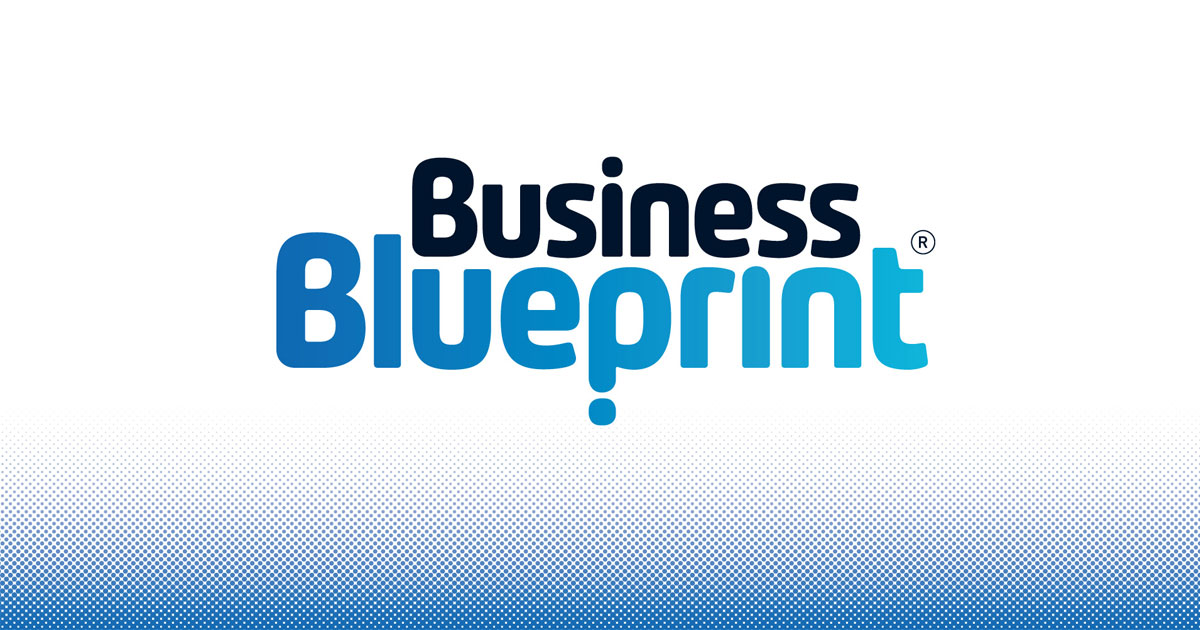One of the things I now talk about a lot at 52 Ways is the power of outsourcing staff. This is where you find cost-effective specialists that will complete keys task on your behalf.
Often these workers will be based in other parts of the world such as India, Eastern Europe, South America or the Philippines. And often these worker are paid as little as $2-$5 per hour.
Now whenever I talk about outsourcing I see a handful people fold their arms and buff out their chest – almost as if to say, “Wait a sec, shouldn’t we be supporting local jobs… shouldn’t we be supporting the local economy?”
Well, I too am patriotic. I love Australia just as much as I am sure you do, but yet I have a different view. I believe if you’re broke in your business, your aren’t supporting any economy.
You see your number one job in business is to be profitable. Your job is to make as much as money you can and keep your expenses as low as possible. By doing this you create profit and this my friends is a wonderful thing.
Because when you are profitable, you pay more tax, you upgrade your computers, you invest in a bigger office, you buy a nicer car, you get an investment property, you buy some shares and more. This pumps a lot of money into our local economy and helps to create a lot more jobs.
However if you hang onto your pride and business models based on the past and not the feature, you may very well find yourself going broke. And if your business goes broke you stop paying tax, you stop paying wages and you may even need to go onto government benefits, which all sucks loads of money out of the economy.
I believe if you’re broke in your business, you’re not supporting any economy.
Now I’m not just talking about the fact that this could maybe happen one day, I’m talking about what is already happening right now. Seriously walk down the street and you will see that one in every 5 shops, has a big fat sign on the door which says For Lease. Effectively that is a business that has gone broke because they were holding onto business models of the past. That is a business that was unable to compete because they were unable to make enough revenue or their operating expenses where too high.
So now that I’m on this path, I’d like to continue and flush out any other misconceptions that hold people back from embracing outsourcing. So lets begin..
1. Am I Stealing Jobs From Australia?
To expand on what I’ve said above, some people think that if I give a job to someone overseas I’m stealing jobs from someone in Australia – almost as if it is a win/lose scenario. That has not been my experience.
For me I’ve found it is a win/win/win scenario. That is you are giving someone a job in say the Philippines so they win. Then as your business benefits from the increase in output and productivity, your business grows. This means you need to start employing more local people, because there are of course lots of jobs you can’t outsource. So within a couple of months you have now created a new job in Australia, which is the second win. And the third win is a win for the economy, because you pay more tax and you spend more money.
Need proof, well for me I had six staff. Then I employed a full-time person in the Philippines named Ivy, and then within the months that followed I have now employed three new local staff. Right now I’m about to employ another off-shore staff member, and my plan is to again leverage that boost in productivity to grow my business further and create more local jobs.
2. What Would I Get Them To Do?
There are so many jobs that you can be outsourcing to virtual staff. In fact for my clients I have just created a document that outlines 105 Things You Can Outsource For Under $5 Per Hour. I can’t list them all here right now, but suffice to say that the number of things you can outsource are only limited by your imagination.
To get you thinking I’m talking about:
- Clearing junk mail, dealing with basic customer enquires and forwarding emails to the correct staff member
- Contacting people when emails bounce or when mail is returned to sender, to ensure your data is always current
- Updating your website, optimising new pages for the search engines and replying to blog comments
- Posting useful and relevant information on Facebook, Google+, etc and monitoring people’s feedback
- Generating weekly marketing reports and reports on website analytics so you can make smarter decisions
- Typing up minutes from meetings, creating presentations slides, doing research and sourcing images
As said, this is just the tip of the iceberg and there are literally dozens of other core tasks that you can outsource – not to mention dozens more that are going to be unique to your business. Bottom line: if you can do it, you can create a system so someone else can do it.
3. Am I Taking Advantage of Overseas Workers?
The simple answer to this one is no. As an example, a good friend of mine was telling me that before they hired their virtual assistant (VA) for $2.60 per hour, they were working in a call centre getting paid $1.75 per hour. What’s more they were working in the middle of the night, that meant they would leave the family every night at 9:00pm, then travel an hour on a bus into the city, work from 10:00pm until 5:00am. Then they’d return home by 6:00am wake their kids up to get them ready for school. Once there she would return home, sleep for 5 hours only to then prepare dinner, help kids with homework, bath and get the kids into bed, before going back to work again.
Then imagine, when someone comes along and says you can work from home, during work hours and I will pay you 20%-30% more, how would they feel? They would be elated. Plus as they do a good job, increasing their hourly rate by a dollar every year is a great way to build loyalty and ensure they stay.
So again, what you are doing is providing a wonderful opportunity for employment at a rate higher than what they could earn working for a local employer. Taking advantage? Most certainly not!
4. Can You Find Good People?
Henry Ford once said, “If you think you can you’re right, if you think you can’t you’re also right”. This means if you think you’ll never find any good people overseas then that is exactly what you’ll get.
So if you set your expectations high and you are willing to pay just a little more than everyone else, you’ll find some amazing people. I’m talking workers that have a degree or even a double degree, people with management experience and people that speak excellent English.
Saying all this though, they are only going to be as good as the systems they are following. So don’t expect to hire someone and expect them to be awesome, without first giving them a track to run on. This is done by a proper induction process, which clearly sets out all of your expectations, and proper training, which covers all of the key tasks they need to complete everyday, every week and every month.
5. What About The Security of My Data?
This is another question that I am often asked, but truthfully it’s no more risky than hiring local staff. Here proper practice comes into place with an employee contact and if needed a non-disclosure agreement. Now of course they are more of a deterrent than a cure, so that is where common sense comes in.
Next you’ll ensure they only have access to the core folders and systems they need to do their job. If you are using any modern file sharing system, like DropBox or GoogleDrive this is super easy to do. Plus if they need access to any special tools such as your database, firstly ensure that you use a password management tool like LastPass or RoboForm and secondly ensure that their access only gives them the ability to see information, but not delete or export data until they have proven themselves.
I could go on here and talk about other strategies, but at the end of the day offshore staff want to do the right thing. They are looking for a safe, secure income, so if you’re smart and you do the right thing by them, they will do the right thing by you.
6. Is it Difficult to Manage Offshore Staff?
This will be the last question that I’m going to answer here. Because at this point you probably don’t need any more convincing, you just need to get out of your own way and go for it. As one of my mentors once said, “You can make money or excuses, you can’t make both!”
Now back to the question. No, it is not at all difficult to manage offshore staff provided you have the right tools and you have a consistent rhythm of communication.
Firstly regarding the tools. Here are the core ones I use and clearly they apply to all staff not just virtual ones;
- Google Apps, which includes Gmail, Google Drive, Google Sites and more
- TeamworkPM or Asana, which are both excellent project management tools
- Skype for general communication and having face-to-face meetings via video
- GoToMeeting for times when I need to share my computer screen for training
- Voxer for sending short voice memos for to-do’s which I think of on the fly
- And HiveDesk or TimeDoctor for monitoring activities and documenting time spent
Secondly lets talk about the rhythm of communication. With this it’s really up to you. Some clients I know have a 15 minute Skype call with their Virtual Staff every day. Others have a weekly meeting but receive email updates at the end of each day. And some, once your team gets bigger, will hire a virtual manager to manage your team of VA’s.
In Summary…
I think it is time we all grow up and think differently about outsourcing. Rather than it stealing jobs from Australia, my experience has been that outsourcing creates jobs in Australia.
Having said that, if you want to stick to your own philosophies be my guest. However, like with the globalisation of manufacturing, the tide is shifting and when that happens you can either play ‘last man standing’ (not good) or you can embrace the change and prosper both now and into the future.
Next Step…
To find out more about how to find, hire, train and manage virtual assistants click here and pre-register to our bigger and better live event we’re launching on January, aimed to help business owners build the business of their dreams.


